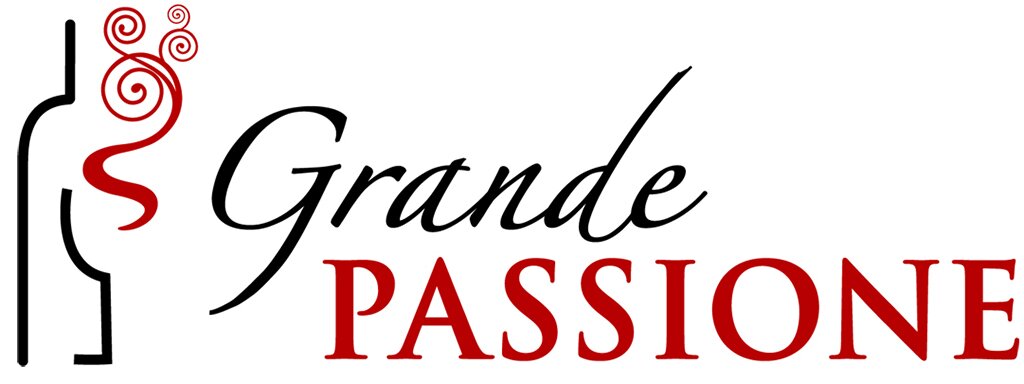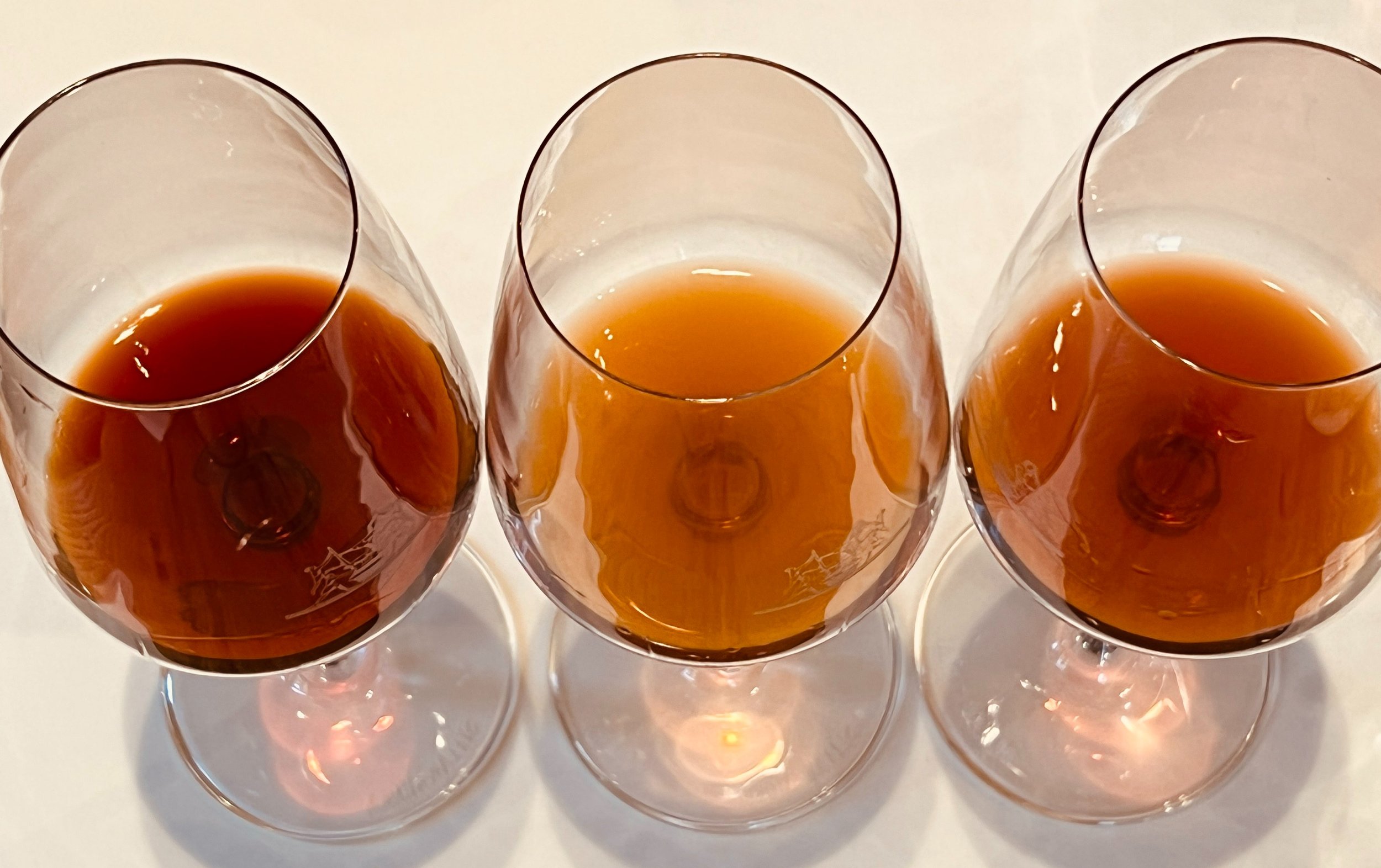How Long will it Age?
At every tasting I have attended, someone has invariably asked, "how long will this wine age?". Considering that 90 per cent of all wines will be drunk within one year of bottling, why even ask? Mind you, it is an important question, but the answer is not all that simple.
First, not all wines are made to be aged. Second, not all grape varieties age at the same pace. Third, because of weather and other natural factors, each vintage yields different ripening levels that will affect the ageing potential of the wine/vintage. And last, there are many various reasons, all valid, why one would want to or not age a wine - mainly to do with style and, most importantly, taste.
In the old days, wines sold overseas were transported over long distances in wood barrels mainly because wood, especially oak, was widely available and had excellent fluid retention qualities.
The wines were mostly coarse and tough, and it was discovered that the time spent during the voyage softened them up and, because wood is porous to oxygen, gave them an "oxidised" character that people came to like or associate with wine.
And so, the ageing process was discovered. Since then, the techniques have been refined, but the objectives have remained the same: soften its tannins, integrate its flavours, and obtain an extra layer of complexity and flavours from the slow oxygenation that the process invariably exposes the wine to.
Today, however, most wine drinkers do not know age wines and are looking for soft, fruity, fresh, and pleasant wines to drink right away. And so, most winemakers focus on producing this type of wine which makes the following question wholly irrelevant for 90 per cent of us.
Why age wine?
First, you must like the taste of aged wine. Second, the wine must have enough concentration of fruit and an excellent balance of alcohol versus its acidity (and tannin for reds); otherwise, it will not survive the ageing process. last and most importantly, it has to have enough flavours and complexity, to begin with - there is no point in ageing something that does not taste like anything to start with or that is too simple to evolve into anything more complex. The ageing will not "improve" the wine because there is nothing to improve!
How to choose a wine that is "ready" to drink?
Here is what 90 per cent of wine drinkers would like to know. Unfortunately, there are no clear-cut answers to that either.
White wines are almost always ready to drink; if they have the characteristics described above, they can age for some time, especially sweet wines, Riesling, Chenin Blanc, Chardonnay, Gewurztraminer, Viognier, and wines with a majority Semillon.
Light red wines made from "light" grape varieties and made to be drunk young are a good start. examples are: Beaujolais, most Loire, Côtes-du-Rhône, Languedoc, Rioja Joven, Bardolino, New Zealand Pinot Noir, Valpolicella, Zinfandel, and Merlot of any country.
Usually, wines are made with "heavier" grapes like Cabernet Sauvignon, Syrah, Carignan, Sangiovese or aged for a while like a Bordeaux-Medoc, Brunello, Amarone, Barossa Shiraz, Rioja Reserva and Gran Reserva, Napa Valley Cabernet need a little softening before being pleasant to drink.
A good vintage chart compiled by a super taster will generally help, and so will the recommendations of a trusted shop assistant in a good "caviste".
In the end, what does an aged wine taste like?
In an aged white, youth's crisp, fresh fruits and floral notes will give way to "dried" characteristics. For example, a Gewurztraminer will go from fresh rose petals to faded roses to dried flowers. Vegetal notes will become like dried grass, tobacco, and herbal infusion (tea), and fruit notes will evolve from apricot to dried apricot and raisin. All aged whites will have notes of beeswax and some honey.
In an aged red, the tannins will be evolved into a velvety texture with suppleness and finesse. The flavours, like white wines, will mature from crisp, fresh aromas to dried fruits and flowers and further evolve to notes of chocolate, coffee, toast, and animal characteristics like leather, meat juices, and game. Some will grow into mushrooms, forest undergrowth, humus, truffles, and tar.
Not precisely what modern wine drinkers expect from a glass of wine...
And so, aged wines are not only an acquired taste but also require dedication, ideal storing conditions, and the suitable "material" to begin with.
The problem is that, as you become addicted to wine, such aged characteristics become the holy grail to seek, and it's all downhill from there on...
When aged, a red wine changes colour from purple to garnet…

